M
I
C
R
O
S
T
O
R
Y
O
F
A
R
T
........................................................
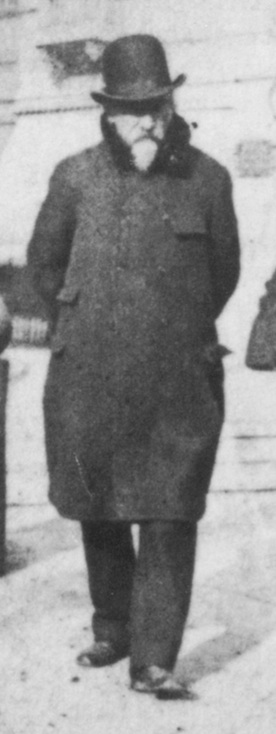
NOW COMPLETED:
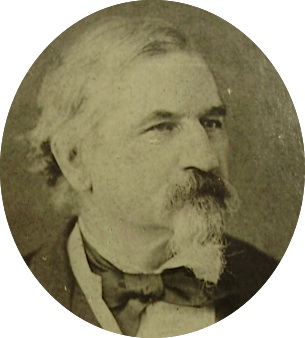
........................................................
MICROSTORY OF ART
ONLINE JOURNAL FOR ART, CONNOISSEURSHIP
AND CULTURAL JOURNALISM
........................................................
INDEX | PINBOARD | MICROSTORIES |
FEATURES | SPECIAL EDITIONS |
HISTORY AND THEORY OF ATTRIBUTION |
ETHNOGRAPHY OF CONNOISSEURSHIP |
SEARCH
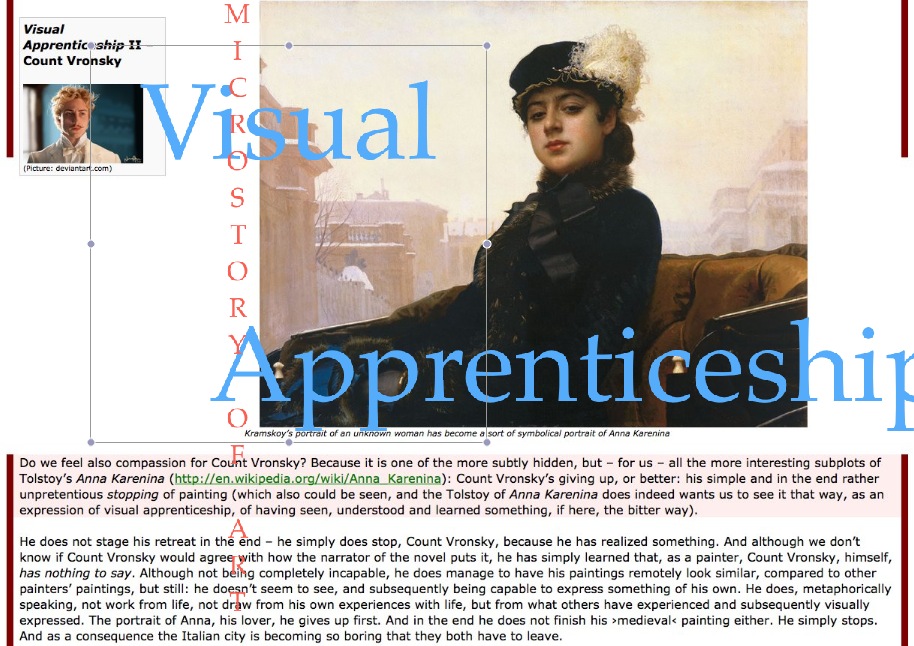
........................................................

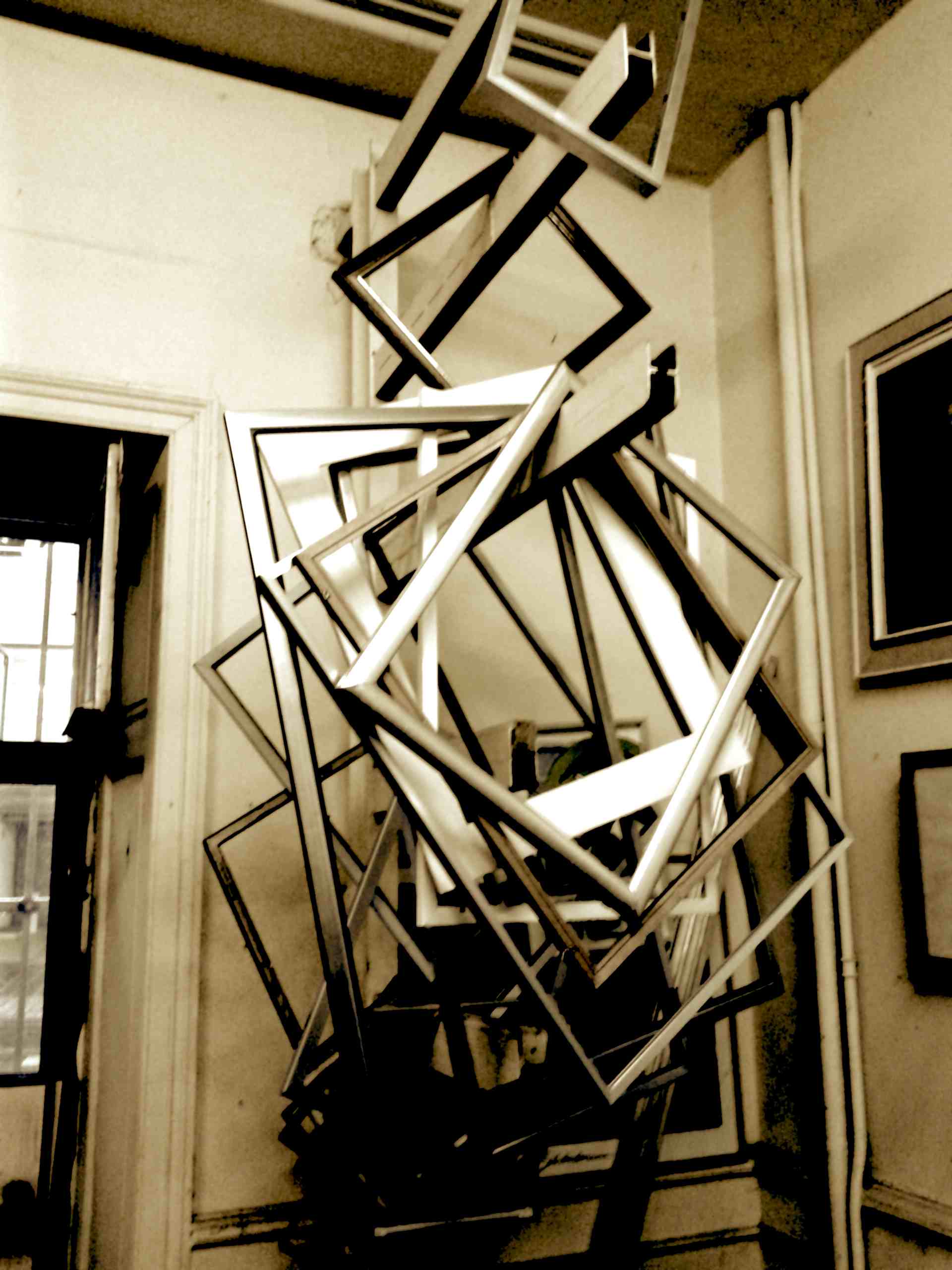
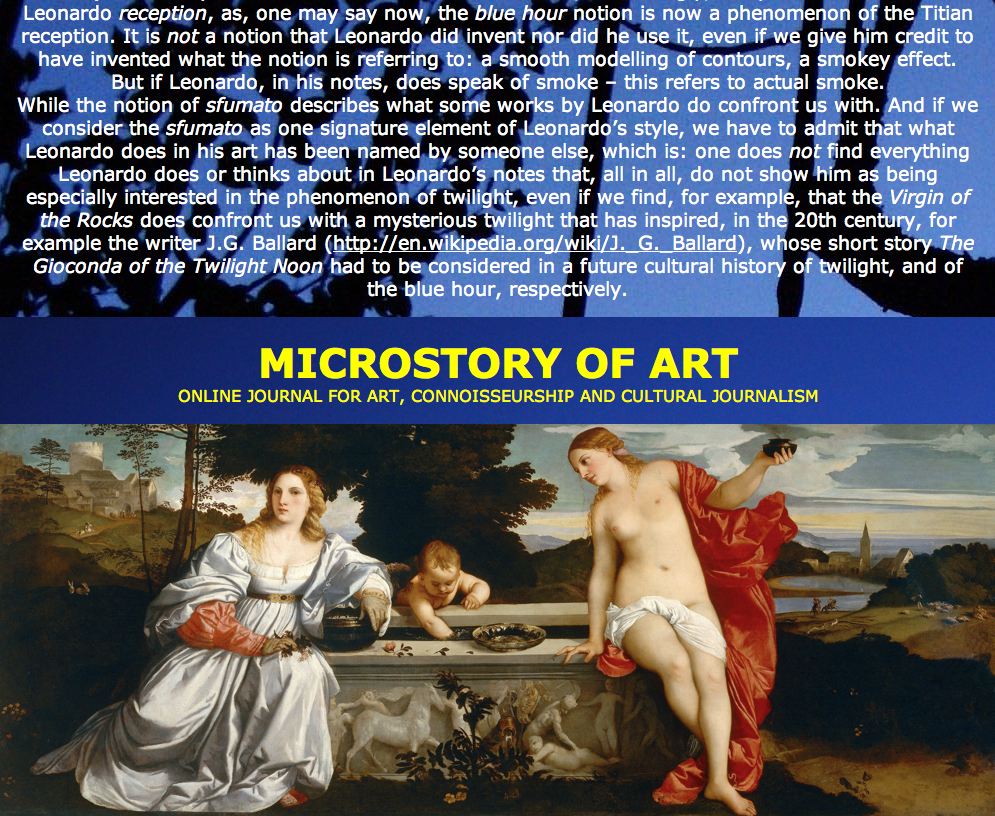
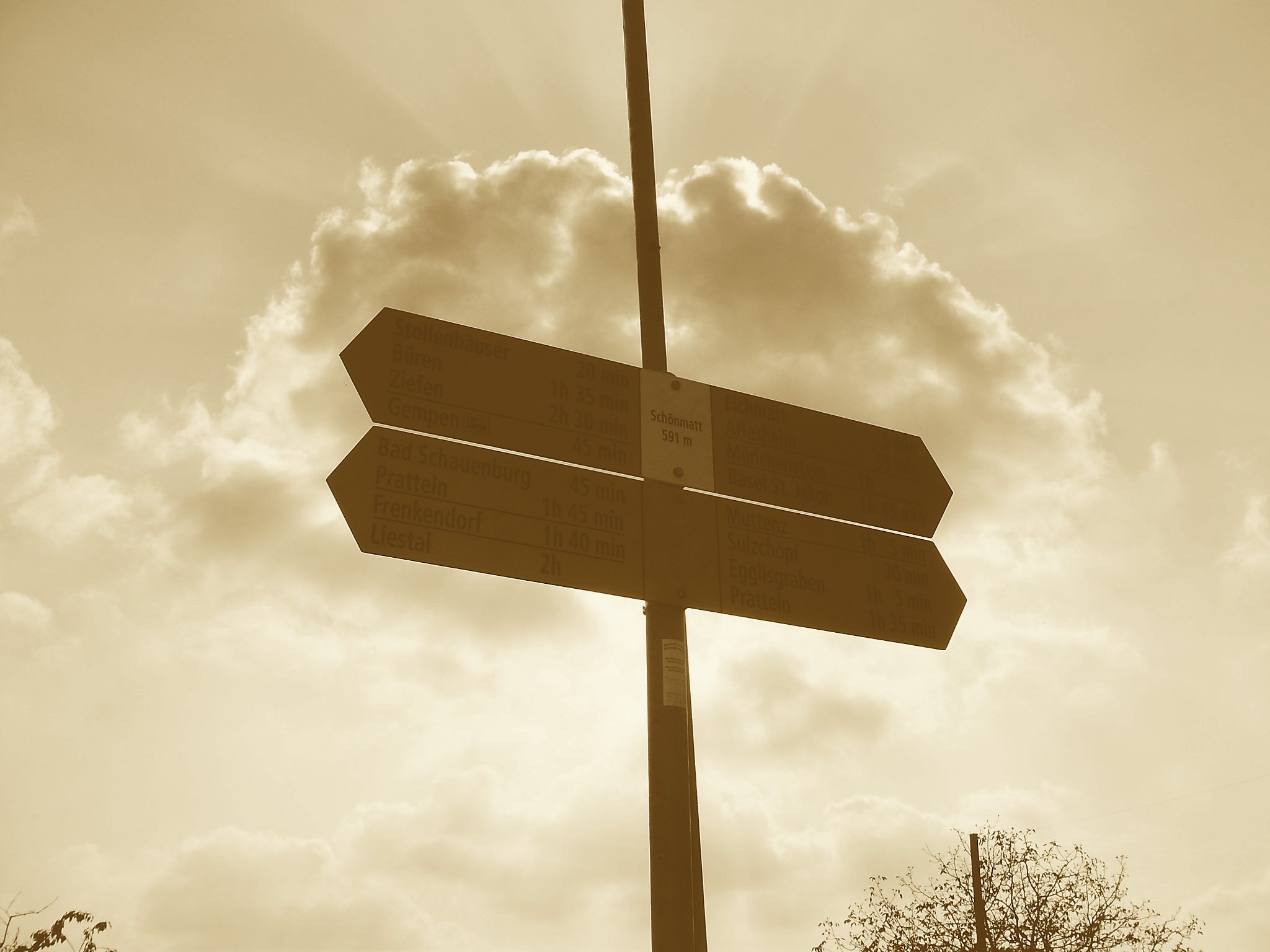 >MICROSTORIES
>MICROSTORIES
- Richard Serra
- Martin Scorsese
- Claude Simon
- Sunshine
- Werner Herzog
- The Creation
- Marcel Duchamp
- Nino Rota
- Wölfflin and Woolf
- Hansjörg Schneider
- Kraftort Arkadien
- Visual Biography
- Schlaraffenleben
- Die Geisteswissenschaften
- The Voyeur
- Buzzword Sustainability
- Paul Verlaine
- Tao Yuanming
- New Beginning
- Seneca
- Still Lifes
- Charles Baudelaire
- Frédéric Chopin
- The Art History of Sustainability
- Wang Wei
- Solarpunk
- Historians of Light
- Lepanto
- Renaturalization
- Plates
- Snow in Provence
- Learning to See
- Picasso Dictionaries
- Peach Blossom Spring
- Picasso Tourism
- Tipping Points
- Sviatoslav Richter
- Weather Reports
- Treasure Hunt
- Another Snowscape in Picasso
- Picasso in 2023
- Dragon Veins
- The Gloomy Day
- The Art of the Pentimento
- Reforestation
- The Status of Painting
- Emergency Supply
- Punctuality
- Watching Traffic
- Zhong Kui
- How Painting Survived the 1990s
- Confirmation Bias
- Sustainability and Luxury
- Garage Bands
- Picasso and Artificial Intelligence
- Eyes of Tomorrow
- Picasso in 2023 2
- Gluing Oneself to Something
- Suburbia
- Bamboo
- Sustainability and Carpe Diem 1
- Interviews with Bruegel
- Sustainability and Carpe Diem 2
- Coffee & Sugar
- Bamboo 2
- Picasso in 2023 3
- Sustainability and Carpe Diem 3
- Cherry Orchard
- Old Magazines
- Chance
- Nick Drake
- Harlequin
- The Smartphone & the Art Book
- Atlas Syndrome
- The Kitchen
- Atlas Syndrome 2
- Consideration
- Tori Amos
- School
- Orchard Auctioning Day
- The Hundred Years’ War
- Sócrates
- Chameleon
- Nefertiti Bust
- Picasso as a Computer
- Sunflowers
- Philemon & Baucis
- Ode to the Radio
- Childhood
- Wimmelbild
- Restitution
- Nick Drake 2
- Wishful Thinking
- Sundays
- The Independent Scholar
- September
- The Fisherman by Pirosmani
- Microadventure
- Sociology
- Salvator Mundi
- Chillon
- Appassionata
- Amber
- Homer
- Berlin
- Planet Walk
- Improvisation
- Seeing Picasso
- These Nice Kids
- Robber
- The One
- The Sea Turtle
- Zoo
- Through the Hush
- Wunderkammer
- I Do Not Seek, I Find
- Shopping Mall
- Food Hamper
- The Secretary
- This Gate
- Nor Rainy Day
- House on a Hill
- Beautiful Island
- Second-hand Bookstore
- Flat
- Slap in the Face
- Serra, Wenkenpark
- Apologies
- The Bells
- Nordmann Fir
- Picasso Wanting To Be Poor
- Picasso, Pirosmani
- A Brief History of Sculpture
- 24 Sunsets
- Rusty Phoenix
- Glove
- Wintry Stanza
- A Song
- Like A Beatle
- Catching An Orange
- Solar Bees
- Permaculture

 >FEATURES
>FEATURES
- Van Gogh On Connoisseurship
- Two Museum’s Men
- Ende Pintrix and the City in Flames
- Titian, Leonardo and the Blue Hour
- The Man with the Golden Helmet: a documentation
- Un Jury d’admission à l’expertise
- Learning to See in Hitler’s Munich
- Leonardo da Vinci and Switzerland
- The Blue Hour Continued
- The Blue Hour in Louis Malle
- Kafka in the Blue Hour
- Blue Matisse
- Blue Hours of Hamburg and LA
- A Brief History of the Cranberry
- The Other Liberale in the House
- The Blue Hour in Raphael
- Who Did Invent the Blue Hour?
- Monet on Sustainability
- Velázquez and Sustainability
- The Blue Hour in Guillaume Apollinaire
- Van Gogh on Sustainability
- The Blue Hour in Marcel Proust
- Picasso and Sustainability
- The Contemporary Blue Hour
- The Blue Hour in 1492
- The Blue Hour in Hopper and Rothko
- Hopper and Sustainability
- The Blue Hour in Ecotopia
- The Hour Blue in Joan Mitchell
- Explaining the Twilight
- The Twilight of Thaw
- The Blue Hour in Pierre Bonnard
- Explaining the Twilight 2
- Picasso on Stalin
- Rubens on Sustainability
- The Salvator Mundi in Bruegel and Rubens
- The Blue Hour in Leonardo da Vinci and Poussin
- The Blue Hour in Rimbaud
- Faking the Dawn
- Frost and Thaw in Ilya Ehrenburg
- Picasso, Stalin, Beria
- Picasso, Solzhenitsyn and the Gulag
- Shostakovich on Picasso
- Hélène Parmelin in 1956
- Historians of Picasso Blue
- Picasso Travelling to Moscow 1
- The Blue Hour in Caravaggio
- Picasso Travelling to Moscow 2
- Picasso, the Knife Game and the Unsettling in Art
- Some Notes on Leonardo da Vinci and Slavery
- Picasso Moving to the Swiss Goldcoast
- The Blue Hour in Camus
- The Blue Hour in Symbolism and Surrealism
- Caspar David Friedrich in His Element
- Exhibiting the Northern Light
- Caspar David Friedrich in His Element 2
- Robert Schumann and the History of the Nocturne
- The Blue Hour in Robert Schumann
- Caspar David Friedrich and Sustainability
- The Twilight of Thaw 2
- Multicultural Twilight
- The Blue Hour in Anton Chekhov
- The Blue Hour in Medieval Art
- Twilight Photography
- The Blue Hour in Bob Dylan
- Iconography of Optimism

 >SPECIAL EDITIONS
>SPECIAL EDITIONS
- Visions of Cosmopolis
- Mona Lisa Landscapes
- Turner and Ruskin at Rheinfelden
- Painters On TV & On TV
- Spazzacamini in Art
- A Last Glance at Le Jardin de Daubigny
- The Experimental Cicerone
- A Dictionary of Imaginary Art Historical Works
- Iconography of Blogging
- Begegnung auf dem Münsterplatz
- Cecom
- Das Projekt Visual Apprenticeship
- Those Who See More
- A Fox on Seeing with the Heart
- Sammlung Werner Weisbach
- Daubigny Revisited
- Some Salvator Mundi Microstories
- Some Salvator Mundi Afterthougths
- Some Salvator Mundi Variations
- Some Salvator Mundi Revisions
- A Salvator Mundi Questionnaire
- A Salvator Mundi Puzzle
- Unknown Melzi
- Francis I and the Crown of Charlemagne
- From Amboise to Fontainebleau
- Drones Above Chambord
- Looking Back At Conques
- Flaubert At Fontainebleau
- Images of Imperial Ideology
- The Chronicles of Santa Maria delle Grazie
- Seeing Right Through Someone
- Melzi the Secretary
- Eying Glass
- A Foil to the Mona Lisa
- A Renaissance of the Cartoon
- Sketching a Family Tree
- Venetian Variations
- A Brief History of Digital Restoring
- A Consortium of Painters
- Leonardeschi and Landscape
- A Christ in Profile
- Learning to See in Spanish Milan
- A History of Gestures
- Leonardo and Josquin
- A Renaissance of the Hybrid
- Suida and Heydenreich
- The Watershed
- Three Veils
- From Beginning to End
- Connoisseurship of AI
- Twilight and Enlightenment
- The Blue Hour in Chinese Painting
- Dusk and Dawn at La Californie
- Iconography of Sustainability
- The Blue Hour in Goethe and Stendhal
- The Sky in Verlaine
- The Blue Hour in Paul Klee
- Iconography of Sustainability 2
- The Blue Hour in Charles Baudelaire
- From Bruegel to Solarpunk
- Some Salvator Mundi Documentaries
- Some More Salvator Mundi Monkey Business
- The Windsor Sleeve
- Brigitte Bardot’s Encounter with Picasso
- Art Historians and Historians
- A Salvator Mundi Chronicle
- The Salvator Mundi and the French Revolution
- The Fontainebleau Group
- The Encounter of Harry Truman with Pablo Picasso
- The Fontainebleau Group Continued
- The Windsor Sleeve Continued
- The Salvator Mundi in Early Netherlandish Painting 1
- Some Salvator Mundi Resources
- A New Salvator Mundi Questionnaire
- The Woman in Picasso
- The Yarborough Group
- Melzi, Figino and the Mona Lisa
- The Yarborough Group Continued
- A Salvator Mundi Global History
- The Salvator Mundi in Medieval Art
- The Salvator Mundi in Medieval Art 2
- The Salvator Mundi in Early Netherlandish Painting 2


 >HISTORY AND THEORY OF ATTRIBUTION
>HISTORY AND THEORY OF ATTRIBUTION
- The Mysterious »Donna Laura Minghetti-Leonardo«
- Assorted Demons of Connoisseurship
- Panofsky Meets Morelli
- Discovering the Eye of Sherlock Holmes
- Handling the Left-handed Hatchings Argument
- Visual History of Connoisseurship
- Alexander Perrig
- Connoisseurship in 2666
- What Postmodernity Has Done to Connoisseurship
- Dividing Four Fab Hands
- A Leonardesque Ambassador
- Test Cases in Connoisseurship
- A Raphael Expertise
- How to Tell Titian from Giorgione
- Louise Richter
- The Unique Property in the History of Connoisseurship
- An Expertise by Berenson
- The Book of Expertises
- An Album of Expertises
- An Expertise by Friedländer
- A Salvator Mundi Provenance
- How to Tell Leonardo from Luini
- An Expertise by Crowe and Cavalcaselle
- An Expertise by Bayersdorfer
- An Expertise by Hermann Voss
- An Expertise by Hofstede de Groot
- Leonardeschi Gold Rush
- An Unknown »Vermeer«
- An Expertise by Roberto Longhi
- An Expertise by Federico Zeri
- A Salvator Mundi Geography
- A Salvator Mundi Atlas
- The Bias of Superficiality
- 32 Ways of Looking at a Puzzle
- James Cahill versus Zhang Daqian
- Five Fallacies in Attribution
- On Why Art History Cannot Be Outsourced to Art Dealers
- On Why Artificial Intelligence Has No Place in Connoisseurship
- Salvator Mundi Scholarship in 2016
- Leonardo da Vinci at the Courts
- The Story of the Lost Axe
- The Last Bruegel
- A Titian Questionnaire
- On Where and Why the Salvator Mundi Authentication Did Fail
- The Problem of Deattribution

 >ETHNOGRAPHY OF CONNOISSEURSHIP
>ETHNOGRAPHY OF CONNOISSEURSHIP
MICROSTORY OF ART
ONLINE JOURNAL FOR ART, CONNOISSEURSHIP
AND CULTURAL JOURNALISM
........................................................
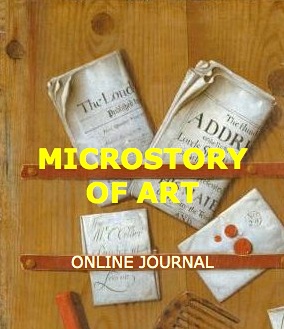
***
ARCHIVE AND FURTHER PROJECTS
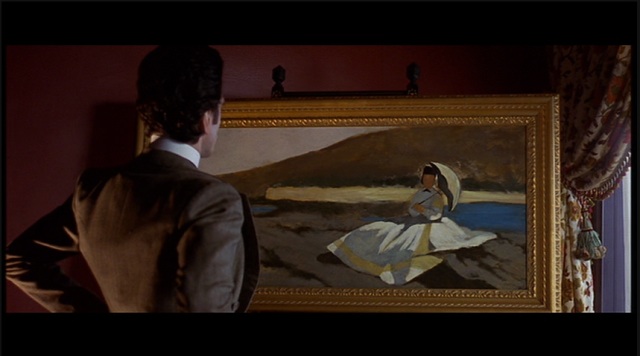
1) PRINT


***
2) E-PRODUCTIONS
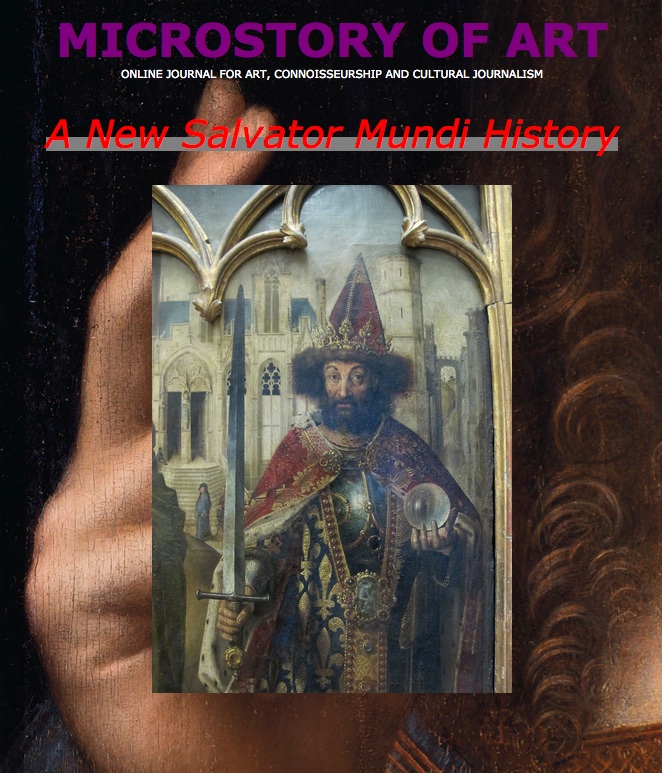
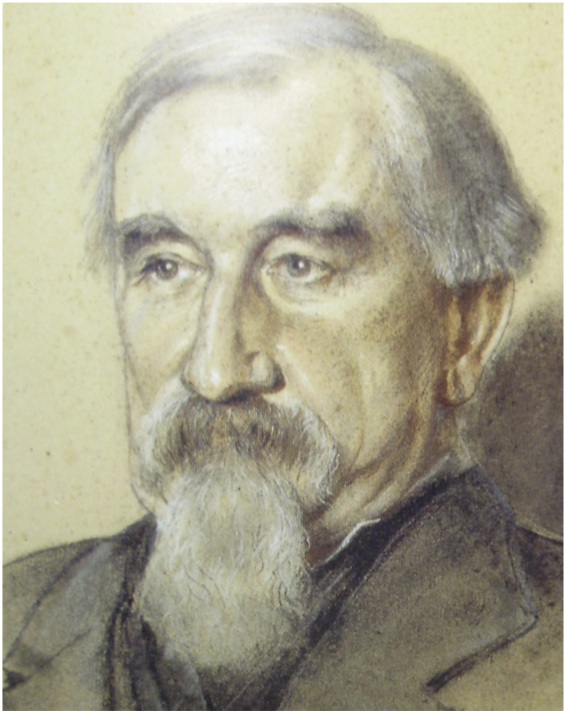
........................................................

........................................................
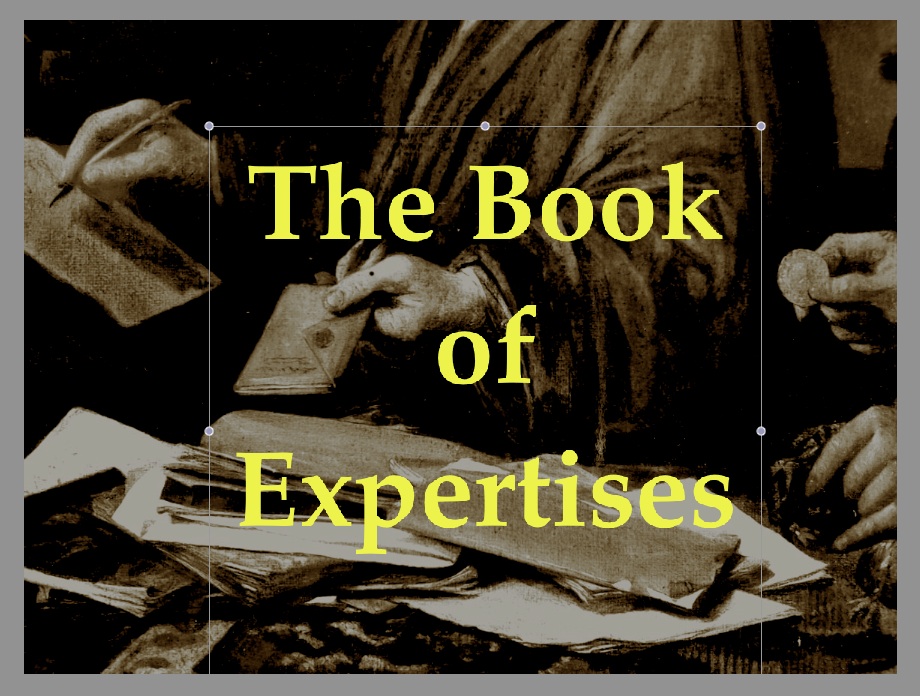
........................................................
FORTHCOMING:
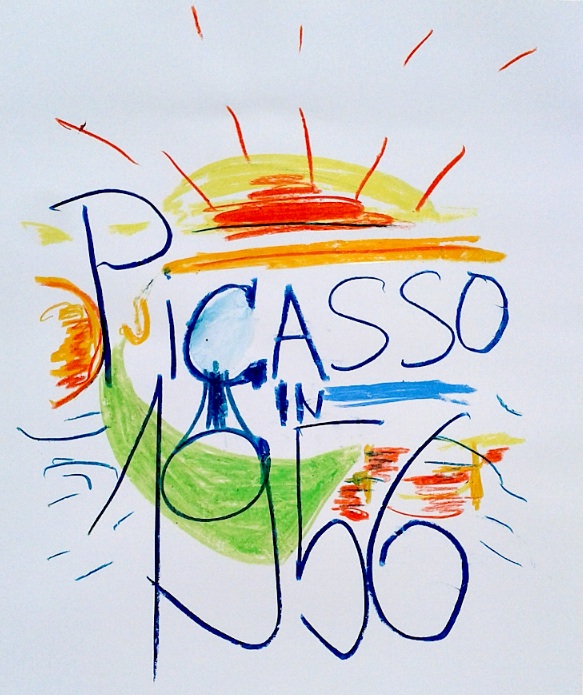
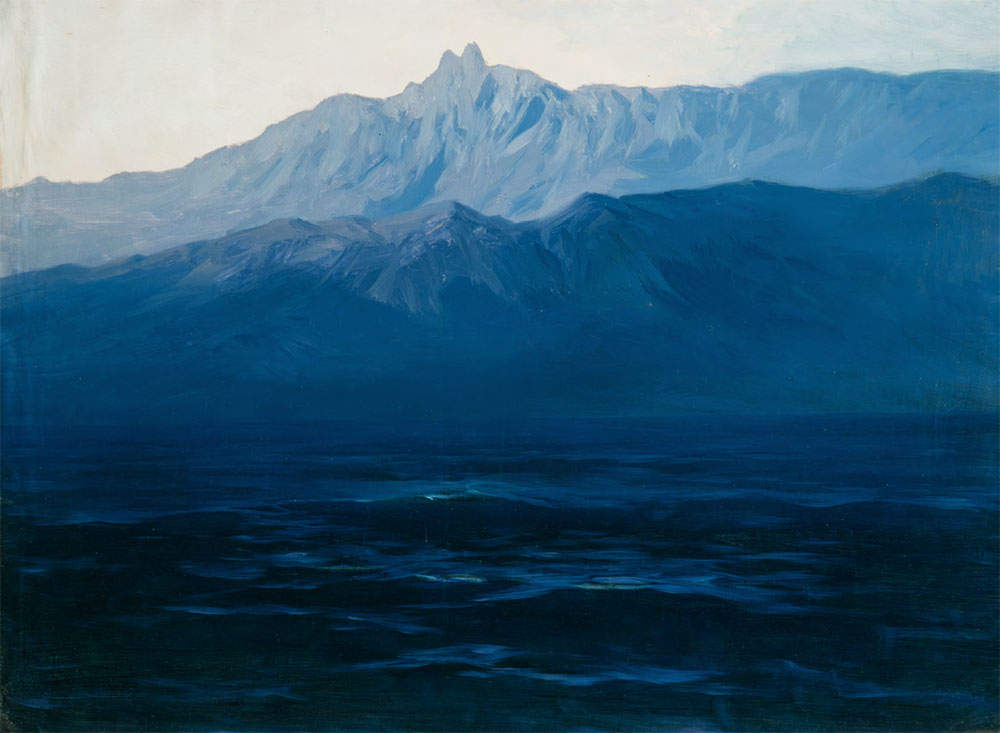
***
3) VARIA

........................................................

........................................................
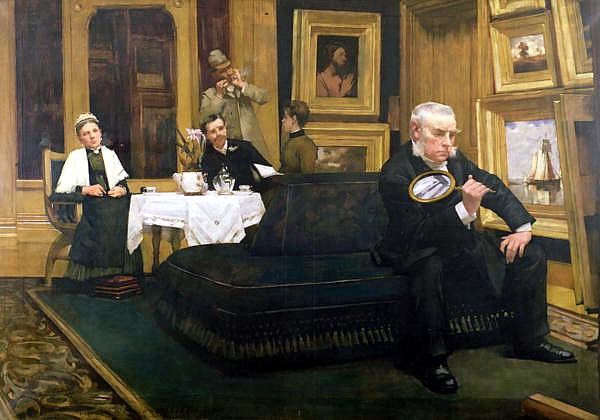
........................................................

........................................................
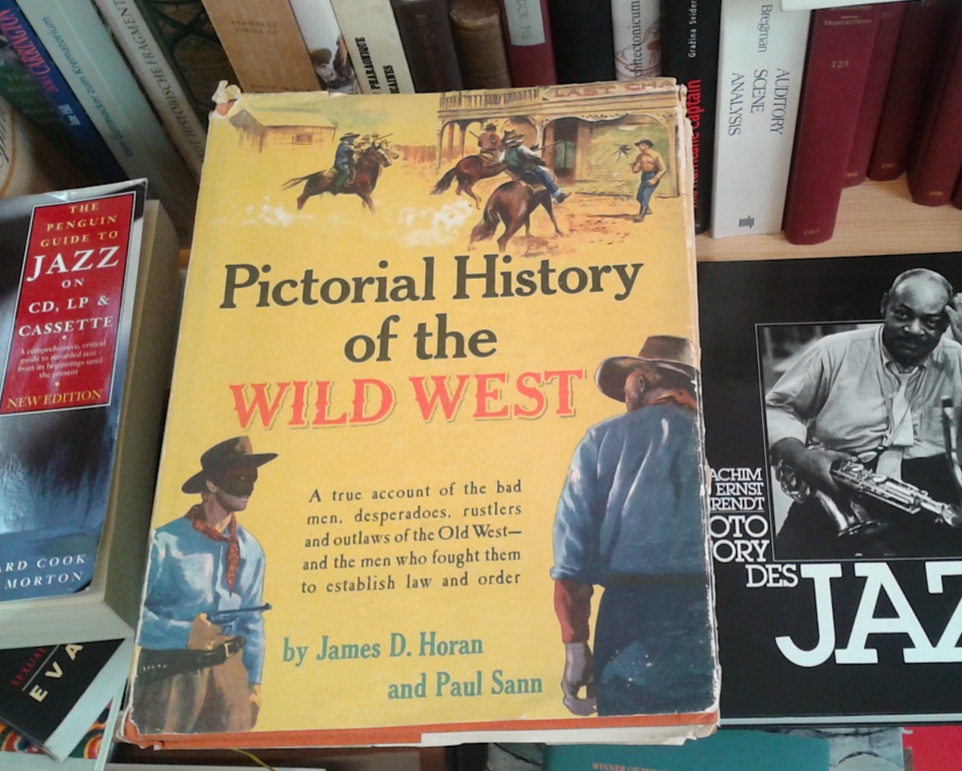
........................................................
***
THE GIOVANNI MORELLI MONOGRAPH

- The Giovanni Morelli Monograph
........................................................
MICROSTORY OF ART
ONLINE JOURNAL FOR ART, CONNOISSEURSHIP AND CULTURAL JOURNALISM
HOME
MICROSTORY OF ART
MICROSTORY OF ART
ONLINE JOURNAL FOR ART, CONNOISSEURSHIP AND CULTURAL JOURNALISM

Dedicated to Garage Bands
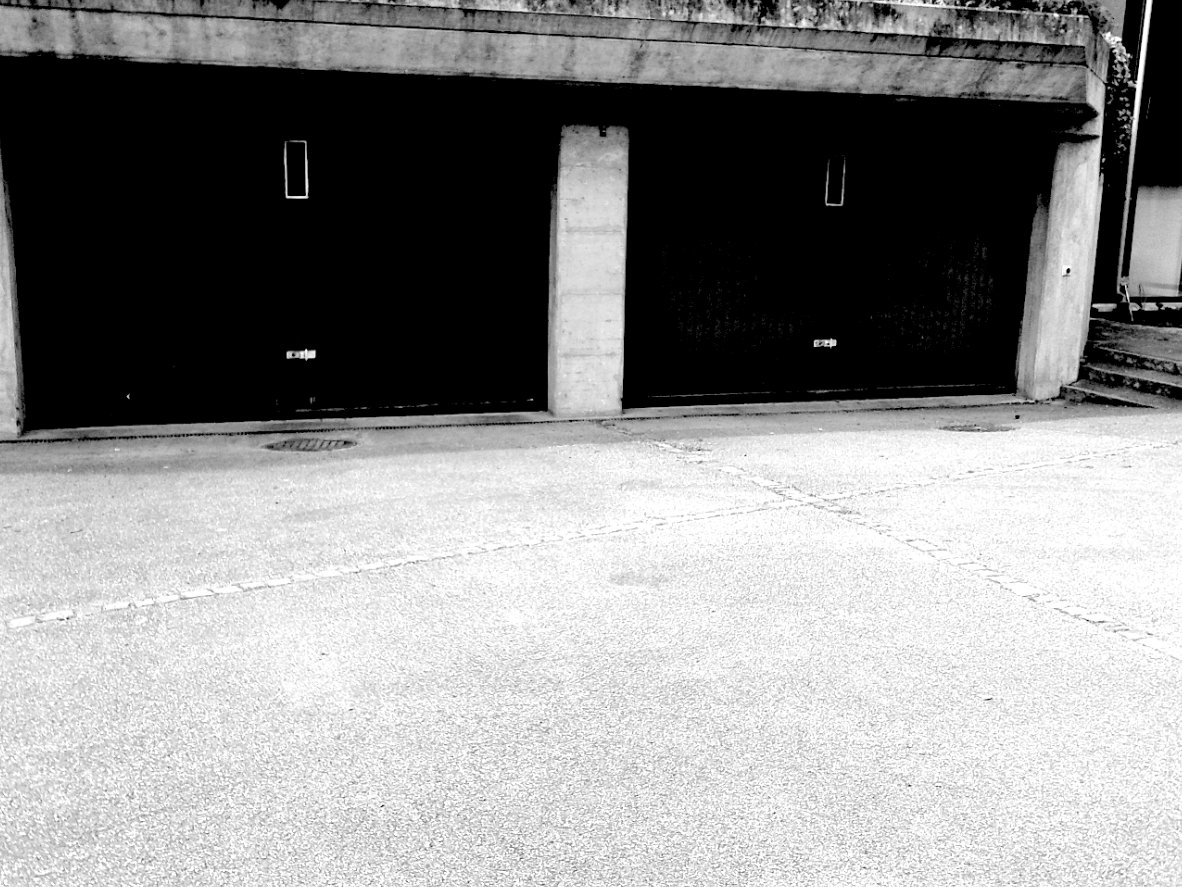
(Picture: DS)
Garage Bands
(6.5.2023) The other day, when I was crossing the street, I noticed two boys, crossing the street with me, carrying musical instruments (strings) and obviously coming from a musical lesson. And these two boys, while crossing the street, made strange noises, as if they were giving cues to each other, as if going through a song they just had developed (or were developing, while crossing the street). Or at least they were behaving as if they were in a band, and perhaps these two boys were planning to have a band, and perhaps everything was to start, here and now, while they were crossing the street, making strange noises. If felt as if there was playfulness in the air, and creative energy, hopes and everything of which dreams are made of, and there is a name for this state of being, when everything seems possible and nothing has yet been decided: you were going to have a garage band, your were going to be in a garage band. Due to a lack of rehearsing space, you had to choose the best that was just available for your band. And this was a garage. The perfect place for everything of which dreams (and dramas) are made of. And I am not interested in Garage Rock here (a musical genre), nor in a software named GarageBand. I am interested in that state of being, when enthusiasm and potential come together, and playfulness, and when creative life is probably best. In the beginning. When everything seems possible, nothing is available, but everything, everything makes sense. And again: ›garage‹ is just a name for it, it is about the state of being. And literally anything can be, as we will see, a ›garage band‹ something.
1) What Makes a Song?
Okay, there is this bouncy keyboard riff you just have ›written‹. You do think that it sounds catchy. You play it to your guitar-player friend, but he says that it does sound too commercial. But you still think that it does sound catchy. Both of you are fourteen, fifteen years old. You are going to have a band, but for the moment, you just meet here and there to play together. Or you play at a party for some friends, in a house up the street, or in a garage. And what you don’t know is that the riff will be one day the opening riff of a song called Take on me. And what you don’t know either is: for the rest of your life you will have an argument with your friend, about what exactly made that song. Was it just the refrain plus the verse, or was it also the bouncy keyboard riff (that your friend thought, sounded too commercial). What is a song at all? Is it everything that happens during the three minutes during which a song is played on the radio? Or is it, in a more abstracted sense, the line which is sung, plus, perhaps, the harmonies. Which would mean that your keyboard riff was just a part of the arrangement, and not a part of the song (this has commercial implications for sure). But this is a feeble position. A song is everything that happens during the aforementioned three minutes. If the song opens with a riff, redolent of playfulness, the atmosphere is set. With the verse the scene is set, a playful, but also a melancholic scene, full of longing, and then a refrain spirals up into world-famous heights. And it is true: nobody can sing the keyboard riff. But nobody can sing the refrain either (two and a half octaves, and twice a difficult, a very wide interval). Brief: The song is made of these three ingredients: the keyboard riff, the verse and the chorus; a bridge brings in colorful harmonies, but it only comes later. So, yes, the riff is definitely a part of the song. No question. So please stop that silly argument. It is un-garage-band-man-like. Thank you.
2) From the Band to the Garage Band Hedge Fund
I think that the history of music, and also the history of pop culture could, perhaps should be written from that rather hidden side: from the raw, garage band side of being. When everything seems possible, but nothing is yet available, and everything makes sense. This is, as it seems to me, where the creative energy does live, perhaps an unspoilt energy, and success may come later (or perhaps it does never come), and one may write the history also from the angle of what might come later (the success, the argument, the marketing, the institutionalization, the fame), but the magic in, respectively: before all that, is caught by the name of garage band. And perhaps that state of being is the best, the most happy state of being in a creative person’s life. The dreamy state, when one feels to be connected with a mighty potential that yet has to be explored and exploited (and dreams enhance, if two people are dreaming it together, and spend much time together dreaming it, interactively, so-to-speak). And this potential does exist. And the real history is just what – really – happens in the end, and on the surface. But creative life is more, more hidden, and more precious. One has to go back to the raw state, to discover the magic again, caught by the name of garage band.
In the mean time ›garage band‹ has become a metaphor. And there are not only garage bands, there are, for example, garage band hedge funds.
Okay, there are Charlie and Jamie (in the movie The Big Short), two guys that run a fund together. They bet on the American housing market to crash, and they will get rich in the end. But for the moment, the two young men are still kind of unspoilt. They feel a horror, in view of a seemingly fraudulent system, and they try, two young and ethical people, to get a journalist friend to publish the story of what is just happening, in the fraudulent system.
But the journalist does not want to put his career at risk, and he is not going to publish a story based on what two friends from school are telling him, two friends who are, momentarily, running a garage-band-hedge-fund. This is what the Wall Street journalist says. To his pals from school. But the garage band will turn out to be right. What they are trying to say is true. But, for the moment, nobody is taking them seriously, and Jamie and Charlie fail to get through, despite being heard.
Garage band, here, means just: outsiders, not part of the establishment, not someone representing the big and mighty institutions, nor authority. But garage band, here, means also: lucid, insightful, naive and ethical, not yet disillusioned. Not yet spoilt. Right in everything, but completely, or at least: more or less powerless.
3) Garage Band Everything
One has to notice that the ›garage‹, in the context of the history of big tech, probably has become a mythology, a mythic space, the holy creative space, where everything, everything was meant to start. This is perhaps also the reason for which a software, meant to help musical production, had been called GarageBand. While it was about a keyboard riff in the history of the pop song, it was about the question whether the Mac was to be an open system, or if special tools were being needed to simply open it. This was the raw state of things, the magical state of being, the history of things-still-being undecided, with a mighty potential that was to be exploited in the one, or the other way (and an argument, also here, an argument was to follow: what is a computer? whose idea was it, who exactly did develop it, and on what level?).
As a scholar I am thinking also of the state of being in which, obviously the humanities are. The people in the institutions do seem to think that what they are doing is all that matters. But bloggers, independent scholars, writers are representing the garage band side of scholarship. In the humanities. See above. We will see how these things will develop in the future. But the magic is rarely to be found inside lethargic, self-referential institutions. The magic lives where the potential is being exploited. It’s the more hidden side of things. Garage band websites, yes, also garage band websites, are contributing to scholarship and to intellectual history.
MICROSTORY OF ART
ONLINE JOURNAL FOR ART, CONNOISSEURSHIP AND CULTURAL JOURNALISM
HOME
© DS